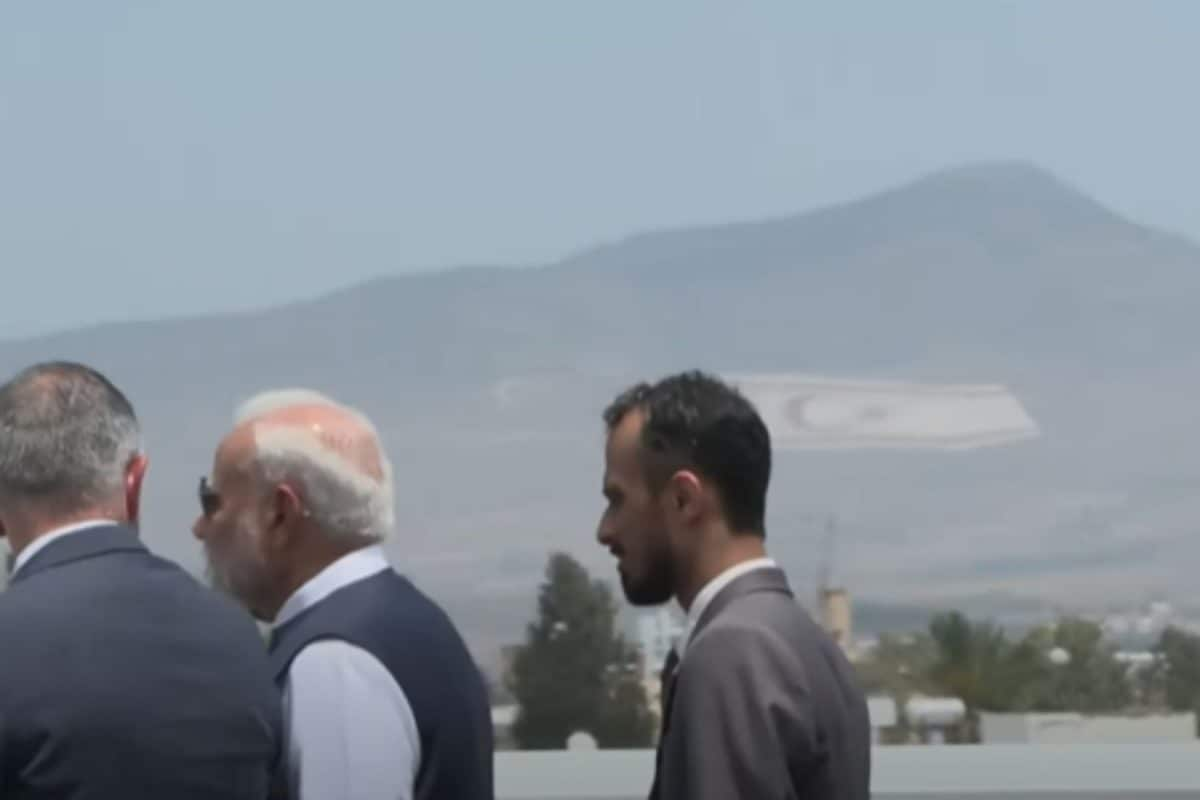

Prime Minister Narendra Modi's recent visit to Cyprus, the first by an Indian Prime Minister in over two decades, has garnered significant attention, particularly in the context of regional geopolitics. Modi's choice of Cyprus as the first stop on his three-nation tour, which also includes Canada for the G7 Summit and Croatia, is viewed by many as a carefully calibrated message, especially concerning Turkey.
The backdrop to this visit is the increasingly close relationship between Turkey and Pakistan. Turkey has consistently voiced support for Pakistan on the Kashmir issue and has offered backing during periods of heightened military tension between India and Pakistan. In contrast, Cyprus has been vocal in its condemnation of terrorism, particularly after the April 22 terror attacks in Pahalgam. Cyprus also expressed its intention to raise the issue of cross-border terrorism by Pakistan at the EU level and has consistently supported India's position on Kashmir.
Adding another layer to this complex dynamic is the historical and ongoing tension between Cyprus and Turkey. Since 1974, following a Greek-backed coup attempt, Turkey has maintained a military presence in Northern Cyprus. This division of the island remains a contentious issue, and Turkey's support for the Turkish Republic of Northern Cyprus (TRNC), which is not recognized by any country other than Turkey, further complicates matters.
During PM Modi's visit with Cypriot President Nikos Christodoulides, discussions revolved around fortifying bilateral relations across various sectors, including trade, investment, security, and technology. The two leaders reaffirmed their commitment to respecting each other's sovereignty and territorial integrity. Modi also expressed India's support for a peaceful resolution to the Cyprus Question, based on UN Security Council resolutions, international law, and the EU Acquis.
Beyond the geopolitical signaling, Modi's visit underscores the growing importance of Cyprus to India for several other reasons. Cyprus has proven to be a dependable friend to India, and its strategic location makes it a crucial component of the India-Middle East-Europe Economic Corridor (IMEC). This ambitious infrastructure project holds the potential to provide multiple benefits to India, enhancing its connectivity and trade links with Europe.
Cyprus is also a significant source of foreign direct investment (FDI) in India, facilitated by the Double Taxation Avoidance Agreement (DTAA) between the two countries. Furthermore, with Cyprus slated to assume the rotating presidency of the EU Council in 2026, Modi's visit lays the groundwork for deeper collaboration between India and the EU on trade, security, and global governance issues. This could potentially leverage Cyprus's influence within the EU to push for progress on the India-EU Free Trade Agreement, targeted for completion by the end of 2025.
During his visit, PM Modi addressed a business roundtable in Limassol, emphasizing India's commitment to deepening economic ties and inviting Cypriot businesses to invest in various sectors, including innovation, energy, technology, and digital infrastructure. He highlighted India's economic trajectory, projecting its rise to become the world's third-largest economy soon.
In a symbolic gesture of the strengthened relationship, PM Modi was conferred with the Grand Cross of the Order of Makarios III, Cyprus' highest civilian honor. This visit not only signifies a renewed commitment to bilateral ties but also serves as a strategic move in the broader geopolitical landscape, sending a message of solidarity and support amidst complex regional dynamics.